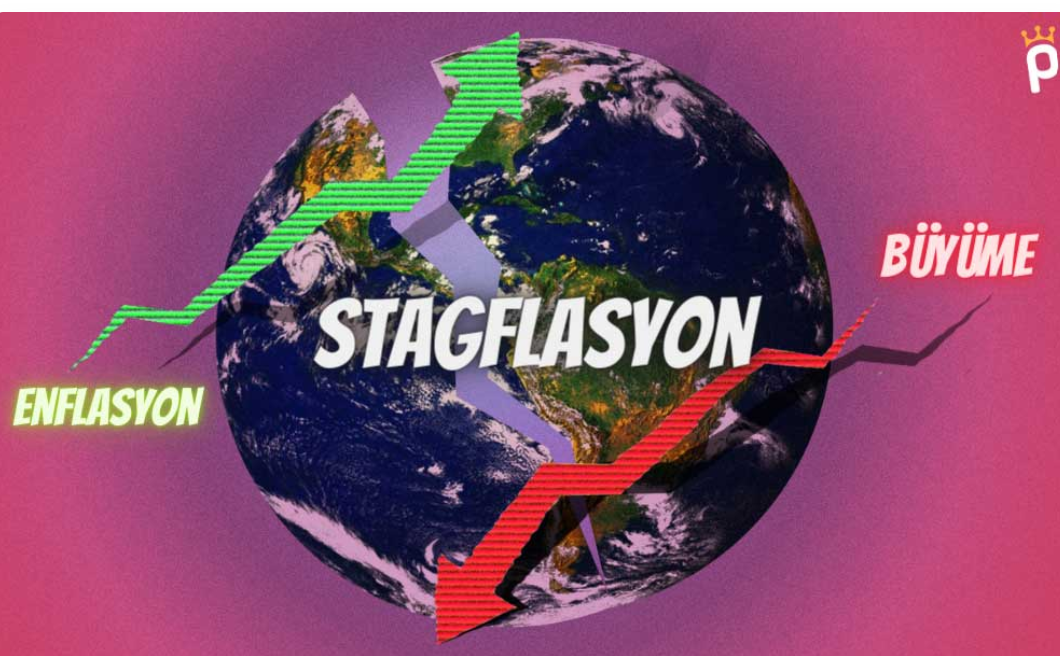The performance of the Turkish economy improved vastly, since Mehmet Simsek was appointed economy czar in June 2023, initiating an austerity program. Nevertheless, it is still significantly out of balance, producing 3% GDP growth vs 50% CPI inflation. While external deficits shrank visibly, they are still being financed by volatile flows of money. Thus, it is fair to say Turkey is still a very vulnerable economy. The resilience of the Turkish economy will be tested severely in the coming months, because it is facing colossal external and domestic shocks.
These are the Spill-over from Middle East War to energy prices,
US presidential elections;
and The possibility of Fed not being able to cut rates as much as expected by the markets.
At home early elections beckon at the end of 2025. This video explains the most-likely scenarios in these four events and their impact on the Turkish economy.
At the end, Turkish economy faces three alternatives: Hard landing, no landing and muddle through. Which one will it be?
